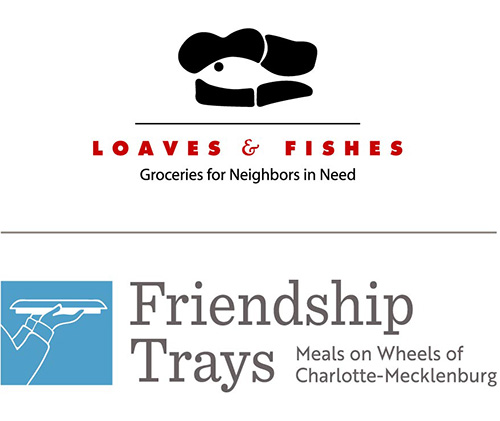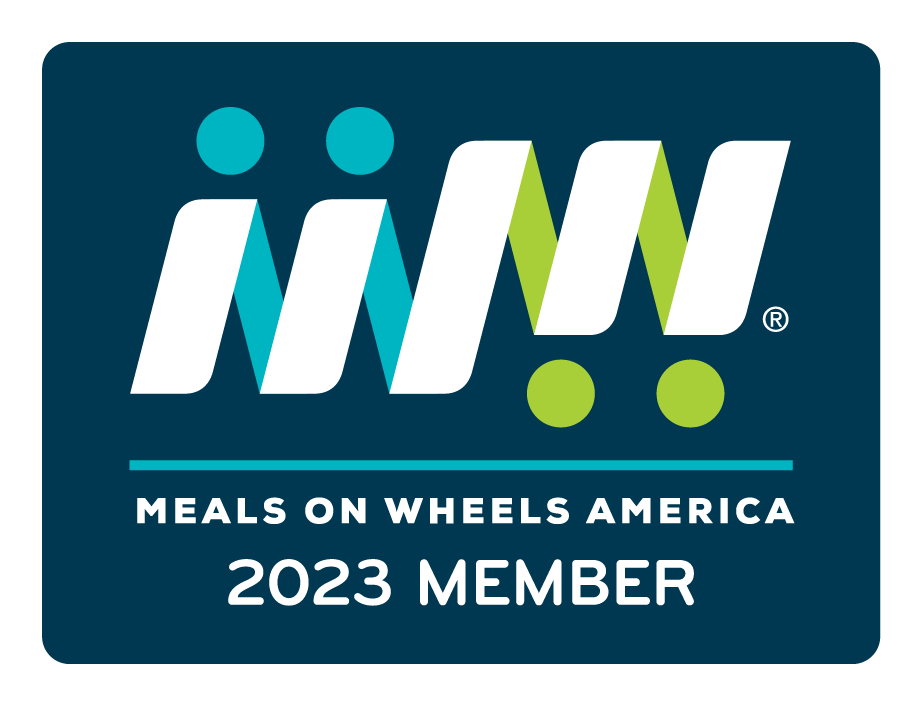Meeting Minutes 4/4
Ted Fillette -Legal Aid of North Carolina, retired 2018
In the 70’s, DSS controlled Aid to Families with Dependent Children.
Once you applied for help, federal law required a 30-day decision. There was no Crisis Assistance, no Center for Hope. You either got help from friends or relatives, or you were on the street. Your belongings would be put out on the curb, and if you did not pick them up, someone else would. A primitive arrangement in the free world.
DSS did not follow the rules. They did not reassign cases when an eligibility worker resigned or went on leave, and there could be a 2-3 month wait. Meanwhile, there would be no Medicaid, no healthcare., no help.
Our Legal Aid office in Charlotte initiated a Federal lawsuit to make DSS follow the law. We were joined by Durham and Winston Salem, and it became a statewide class action suit, covering all 100 counties. We were fortunate that Judge James McMillan possessed the courage and wisdom to do the right thing.
There was a 25 year wait for DSS offices statewide to comply. The case lasted past Judge McMillan’s death. There was a $50 fine for each week on each case that was not resolved. This added up to the County owing $2-3 million dollars. Finally, the County Commission asked DSS if less expensive to pay the fines or hire staff. DSS kept paying the fines.
Landlord Tenant Relationship is at the core of affordable housing. At this time, there is no definition for “affordable housing.” Conventional public housing is owned by the Charlotte Housing Authority and funded by HUD. One example is Southside Homes.
City-wide, the CHA owns and manages a little over 3000 public housing units, but about 50,000 people are eligible. Rent is regulated to 30% of net income of tenant family including a utility stipend. Minimum payment of $75/month. Some residents have no income. This is not a federal requirement, but Charlotte Housing Authority imposes the requirement. These are mostly disabled residents, but they don’t apply for disability. They sell blood, collect aluminum cans, go to Crisis Assistance Ministry. There is a hardship exemption, but most tenants don’t know about it. Legal Aid can help. You cannot be evicted except for good cause.
Housing for Elderly/Disabled -Parktown Terrace, Edwin Towers, Charlottetown Terrace—all owned and managed by CHA. Same rent limitations to 30% of income.
Hope VI developments –Congress’s program to revitalize/replace deteriorated public housing with mixed use developments. Earle Village, Dalton Village, Fairview Homes, Piedmont Courts were the oldest, biggest in Charlotte. HUD made grants of $35million each to replace with mixed use. Good example is First Ward Place, LLC. Public housing tenants have same rules, same rights as regular tenants. Also, Arbor Glen, Seigel Point, Park at Oaklawn – all beautiful developments.
But this was not a 1 for 1 replacement of the units demolished with HOPE VI grants. Charlotte Housing Authority surveyed residents to ask if residents wanted to apply for housing in the new units or a Section 8 voucher, and 90% took the voucher. They didn’t want to wait and deal with CHA.
Personal Section 8 Vouchers are portable subsidies that belongs to the tenants. 4300 in circulation. If tenant finds a willing landlord, the-voucher pays balance of what they can afford for rent. If tenant is receiving Temporary Assistance to Need Families and can only afford $50, voucher pays difference. Have to renew each year. Landlord must agree to accept. Payment is guaranteed to landlord. Average rent is $1100 for one bedroom. Landlords don’t have to take Section 8. They are allowed to discriminate against voucher holders unless they violate Fair Housing Act—race, gender, age, familial status, disability, national origin.
Project Based Section 8 vouchers are when complexes contract to get subsidy for all their units with HUD. Examples are Little Rock, Woodstone, Orchard Park and Greenhaven. Same general rules of public housing except to minimum rent required. Pay 30% for rent and utilities. If there is a falling out between landlord and tenant, the subsidy lives with building not the client. However, landlord still must have good cause to terminate the lease.
Low income tax credits -created by Congress in 1986 and administered by the Treasury Dept.; subsidize construction of affordable housing units. Dollar for dollar credit for affordable housing investments. Tax credits go to housing finance agency for state; distribution based on state’s population. Developers propose development and ask for tax credits
For example, I have property, credits will pay 80% of capital costs, will borrow or get housing trust funds for balance, then I will sell to bank with federal tax to pay
Banks will buy, but won’t pay full price; corporate tax rate change –banks don’t need the tax credits like they used to. This is the only affordable housing construction supported by federal government and is the largest source of affordable housing in the country. Charlotte Housing Authority, Charlotte Mecklenburg Housing Partnership and for-profit developers all apply. Fairly successful. No rent or operating subsidy, just a one-time cash infusion. At least 25% or more of the residential units in the development are both rent restricted and occupied by individuals whose income is 30% or less than the area median gross income. All the residential units in the development are both rent restricted and occupied by individuals whose income is 60% or less than the area median gross income. After15 years, developer can charge some market rate.
Tenants can live there indefinitely. Developer cannot discriminate against voucher holders. Landlord must have good cause to terminate the lease.
Other affordable housing efforts – VASH for veterans; A Way Home – shelters into housing, and shelter plus care for the disabled, vulnerable.
Only about 25% of the people who need help with housing receive it.
Evictions
29,000 eviction complaints were filed in Mecklenburg County in 2017
100/day 5 days/week all year long – typical amount
3 small claims courts, the 3rd and 4thweeks of the month have highest volume for nonpayment of rent
Trials ten days later after service by the sheriff
120 cases/hour -common scheduling for first two hours in each court
30 seconds/ client
Assume tenants won’t appear.
Judgment entered if tenant not there.
If tenant contests, tenant called and basically intimidated.
Order eviction orally, but tenant nor provided copy of written judgment
Ten days to appeal. If not appealed, on the 11th day, landlord can get writ and tenant evicted. Locked out after 5 minutes.
Once locked out, can be arrested if tenant tries to go back in.
7 days to make arrangements to get back in to retrieve tenant’s personal belongings
Tenants not always told options
Landlord can keep, sell, give away tenant belongings after 7 days from lock-out
Tenant has right to not pay due to condition that affects health and safety
Repairs, domestic violence, code enforcement.
Legal Aid /CAM Homeless Prevention – train volunteers – free class
County Staff- The new County Commission decided to fund some staff to prevent evictions ; Legal Aid hired 3 new lawyers, 2 paralegals, 1 screener.
Legal Aid wins 90% of cases tried.
Clerk of Superior Court – tenants receive flyer on Legal Aid when they are served eviction papers.
Other players in affordable housing:
Homeless Services Network
Charlotte Center for Legal Advocacy
One Meck started 4 years ago. Want to use neighborhood diversity to diversify schools
City housing bond $50 million passed with 70% approval
County Commission –no role in housing other than surplus county land, housing subsidy; county manager is bold leader and exploring additional roles
Housing Justice Coalition
Greenspon Center – Queens University
Equitable Communities CLT (formerly Color of Law Charlotte)
Community Link supposed to rehouse-don’t have enough money.
Legal Aid -13,000 high risk are priority; try to save everyone who has a subsidy and needs it. Landlord will have a lawyer. Every tenant should have a lawyer.
 menu
menu




